Teen Drug Use, What Can We Do?
As a show of solidarity, The Viper Times sits for a drug free campus.
March 27, 2023
Sadly, one of the most invasive issues students will face during high school is the temptation to experiment with drug use and vaping. Efforts to educate high school students about the dangers of these substances often fall on deaf ears because high schools typically suspend students when they are caught at school.
Punitive measures don’t seem to work and students at Verrado high school are tired of the bathrooms smelling like mango and mint.
Forensics teacher Mrs. Denise Sherman points out that a lot of students are unaware of what they’re doing to their bodies. “Many people don’t realize the impact nicotine has on the adolescent brain, and so many of these products contain nicotine, even when they say they don’t.”
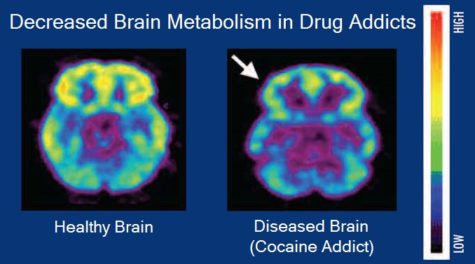
Addiction is often unrecognizable, Mrs. Sherman continued to explain the lure of e-cigarettes. “When e-cigarettes first became a ‘thing’ they were even marketed to teens specifically, whether it be blatant or subtle. There are regulations around that now, but they still don’t tell you all the ways nicotine changes your brain. It affects mood, attention, learning, and impulse control- all the things that determine how successful you can be as an adult.”
Ms. Sabrina Booth, a Student Support Specialist at Verrado, explained chemical reactions in the brain more in-depth: “Nicotine is addictive because it causes the release of dopamine in the brain, which gives people a good feeling. Over time, the brain begins to crave that feeling from nicotine and people need to use more and more to get that same good feeling.”
Mrs. Sucheta Thomas, AP Biology teacher at Verrado, had this to add, “Smoking and/or vaping changes a person’s brain chemistry to the point of total dependency on nicotine. Nicotine acts as both a stimulant and a depressant to the central nervous system. It first causes a release of the hormone epinephrine, which further stimulates the nervous system and is responsible for part of the “kick” from nicotine-the drug-induced feelings of pleasure and, over time, addiction. Nicotine also promotes the release of the hormone beta-endorphin, which inhibits pain. This stimulation is then replaced with a drop in mood and fatigue, which lead the smoker to seek more nicotine. This cycle leads to chronic tobacco use and addiction. It’s a vicious cycle and one that destroys the individual (physically, mentally, emotionally) and relationships.”
In 2018, the National Education Association cited 3 million students had tried e-cigarettes, and most did it at school. Most students are unaware or don’t believe there are long-lasting effects on their physical and mental health, as well as their future prospects. That being said, it’s time Verrado develops a more extensive solution to this problem, and it involves a multi-faceted approach.
Mr. Stephen Pratt, Verrado High School Counselor, shared a heartbreaking personal experience.
“One of my friends back in MA ended up losing his life to drugs. He was popular in high school and was planning on marrying his high school sweetheart with a baby along the way. He started getting into harder drugs like Cocaine and then Oxycodone and ended up going to prison and lost everything, including loss of visitation with his son. He got out of prison, but he could never kick the addiction. I will never forget what he told me face to face before going to prison, “Don’t ever start this crap…look what it did to me”. He ended up overdosing and died about 4 years ago.”
Mrs. Sherman mentioned what her Forensics class did last week:
“We watched a documentary on opiate abuse called Chasing The Dragon. The individuals in the film had one thing in common- they all started with marijuana. Teens experimenting with nicotine and marijuana vaping are really gambling with their futures and they don’t even realize it.”
It’s clear change needs to happen.
The first step towards addressing teen drug use and vaping is educating teenagers about these substances’ dangers. Many teens believe that it is a harmless activity, but Health and Science classes could provide students with more accurate and up-to-date information about the risks associated with these substances, including addiction, lung damage, and impaired cognitive function. Our community needs to be involved and support school-based programs, and community outreach.
If a student is caught with a vape currently at Verrado, they face disciplinary action through a school week-long suspension, the discipline is understandable, but there are better solutions. A different approach could be an in-school suspension in a mandatory class with a teacher who explains to the students the negative effects of vaping and smoking.
The class would teach kids about how vaping destroys the body slowly, and about different alternatives to vaping or smoking. With this, it could help to open the eyes of students who are unaware of the way they are hurting themselves long term. Along with the class, many would argue that losing privileges would be necessary, such as not being allowed to go to the prom, walk the stage at graduation, or attend sporting events.
The second step is to address the underlying issues that may be driving teens to use drugs or vape. Many teens turn to these substances as a way to cope with stress, anxiety, and other emotional or psychological issues.
By providing them with access to mental health services and support, we can help them develop healthier coping mechanisms and reduce their reliance on drugs and vaping. This can be achieved through counseling services, peer support groups, and community-based programs. Verrado provides many counselors and support specialists around the campus for anyone in need of help.
Teen drug use and vaping are serious issues that require a comprehensive and multi-faceted approach to address.
By educating teens about the dangers of these substances, addressing underlying psychological and emotional issues, empowering parents and caregivers, creating supportive environments, and enforcing laws and regulations, we can reduce the incidence of drug use and vaping among teenagers and help them lead healthy and productive lives.
It is up to all of us to work together to make this a reality.



















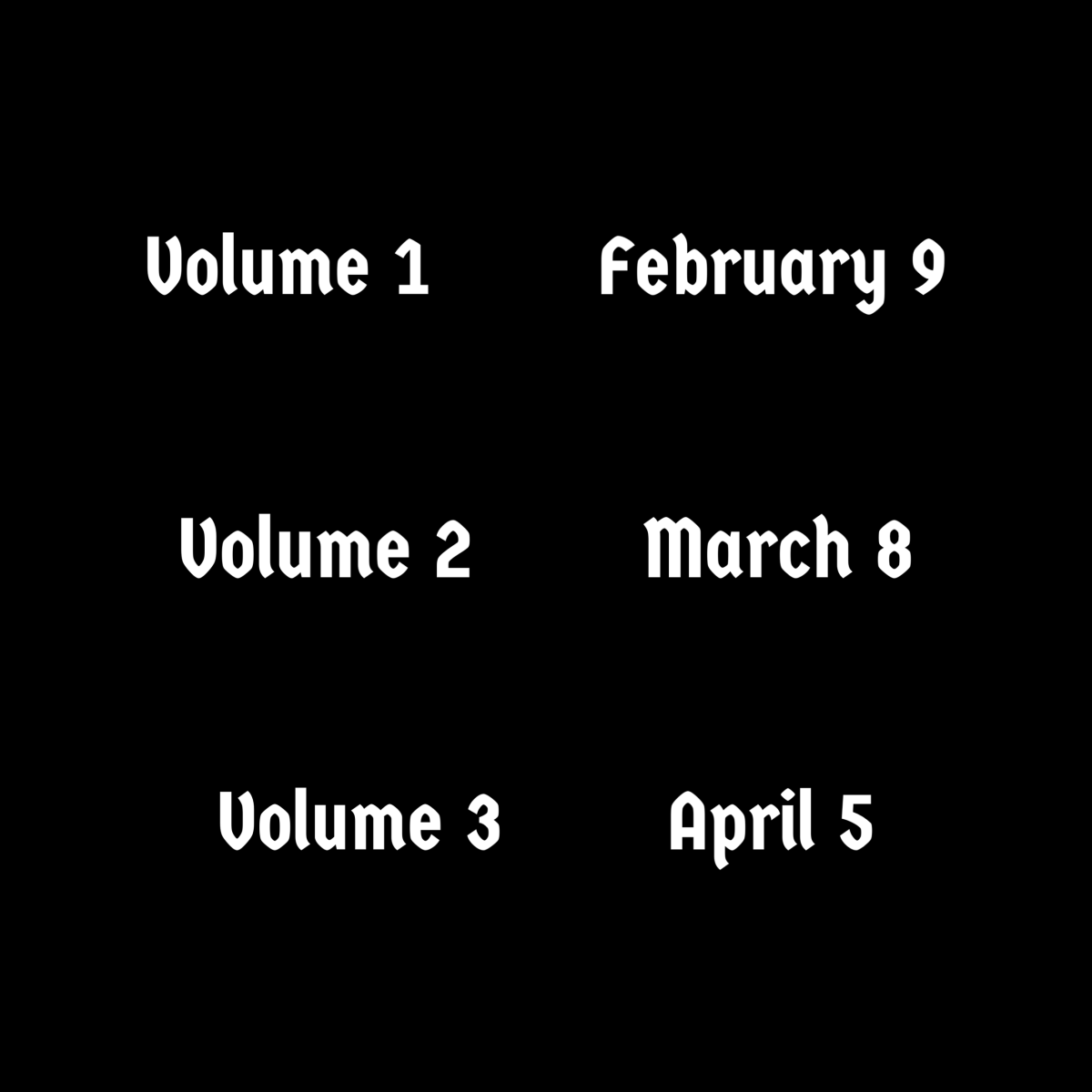











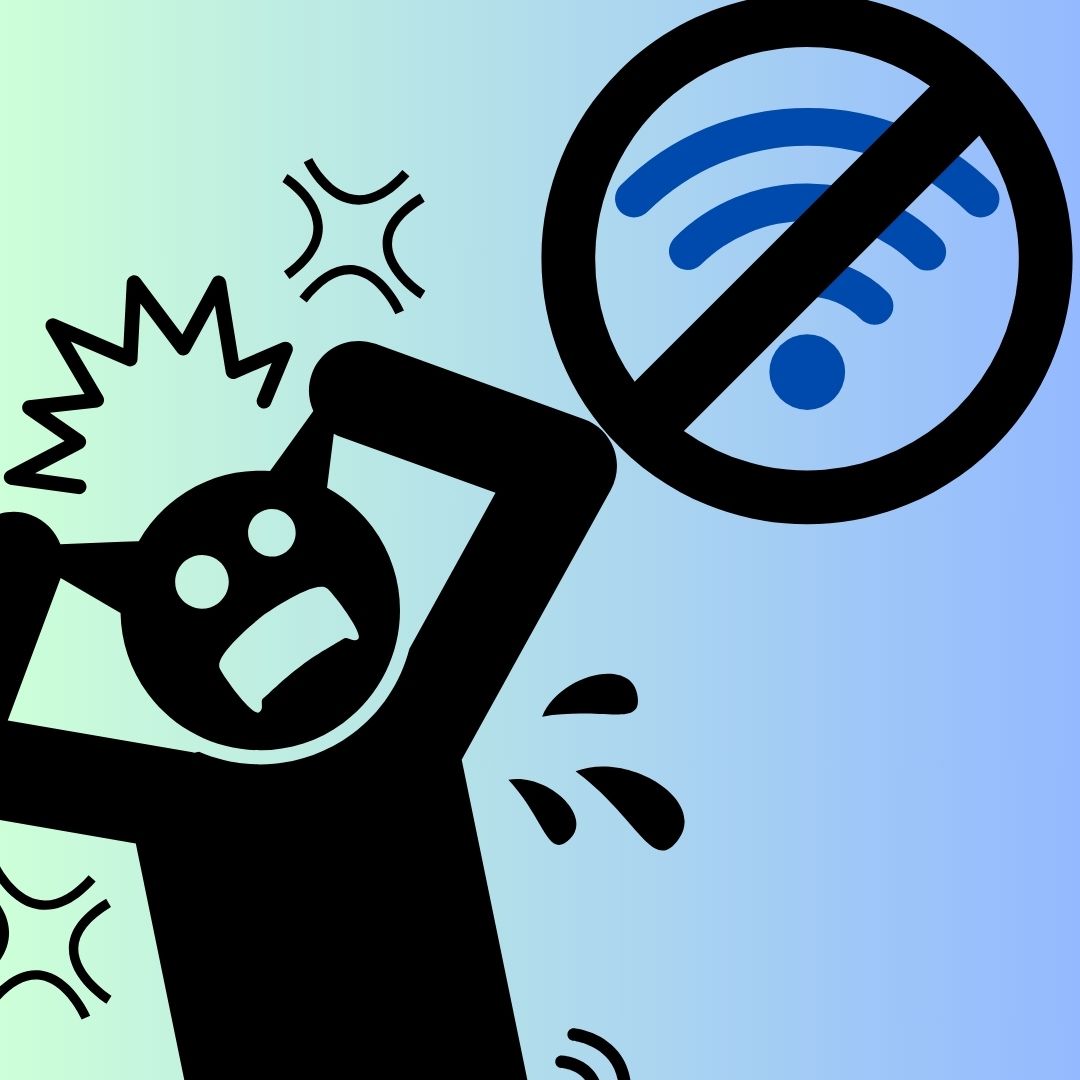




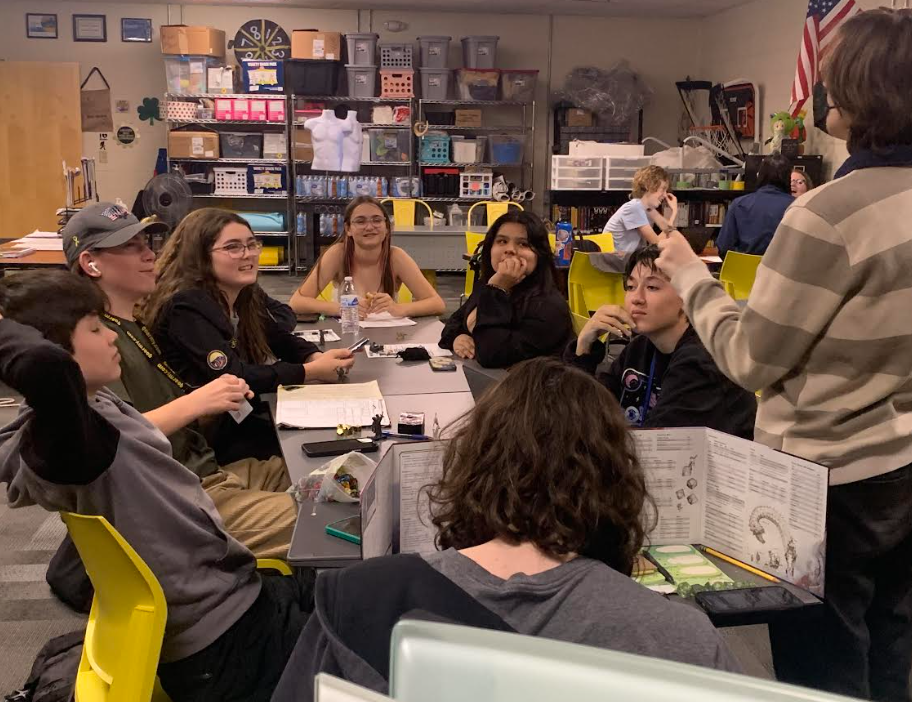
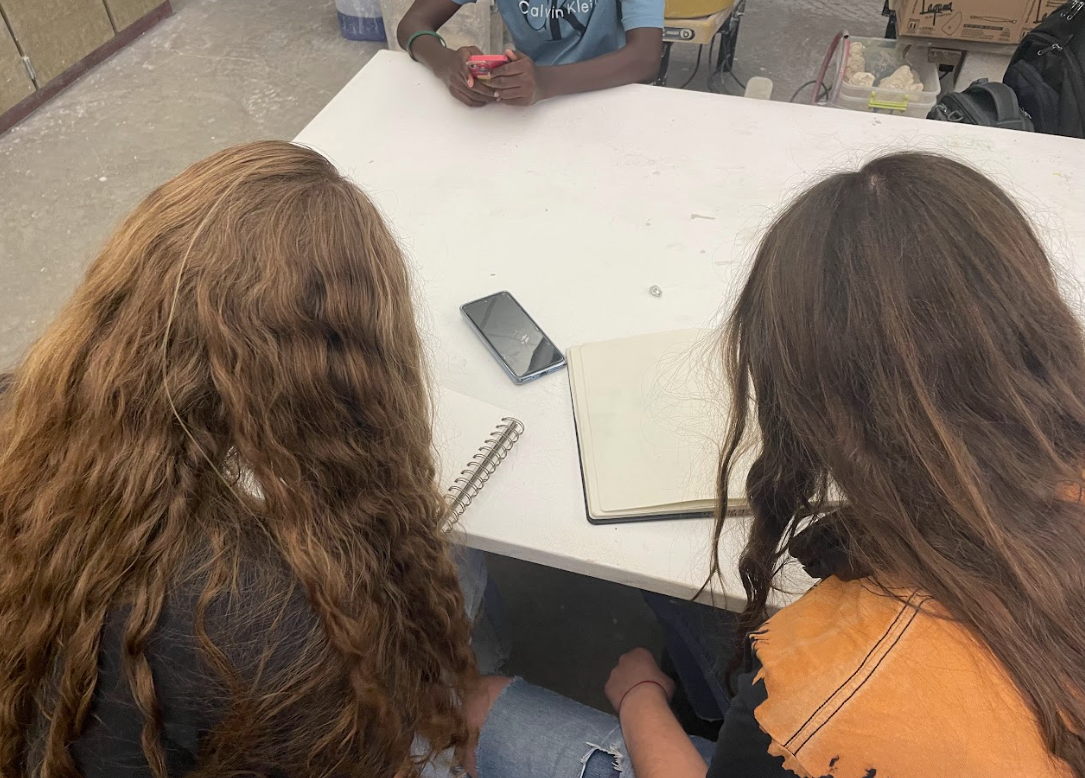


















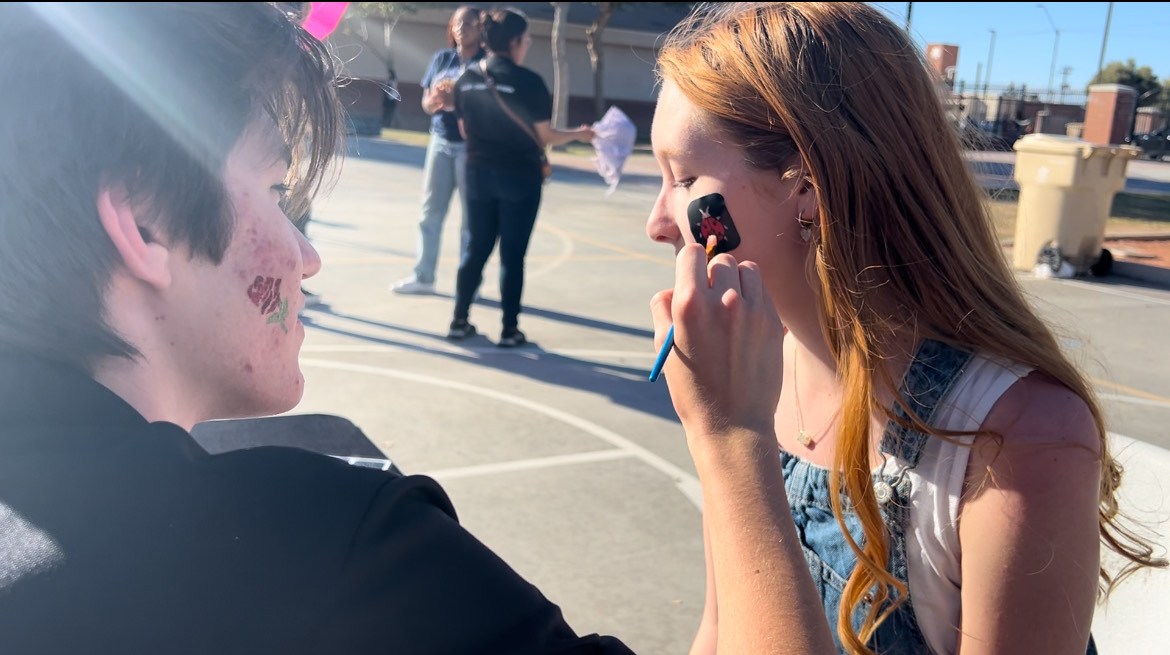



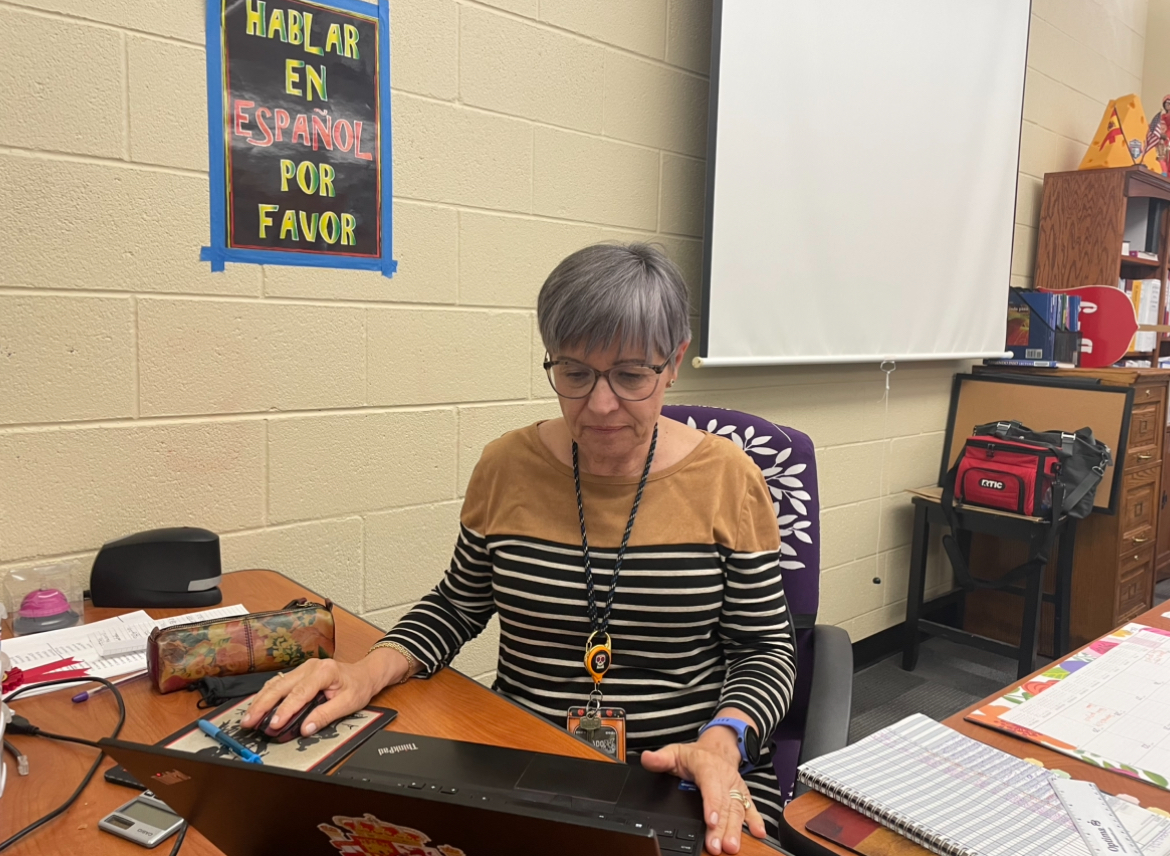

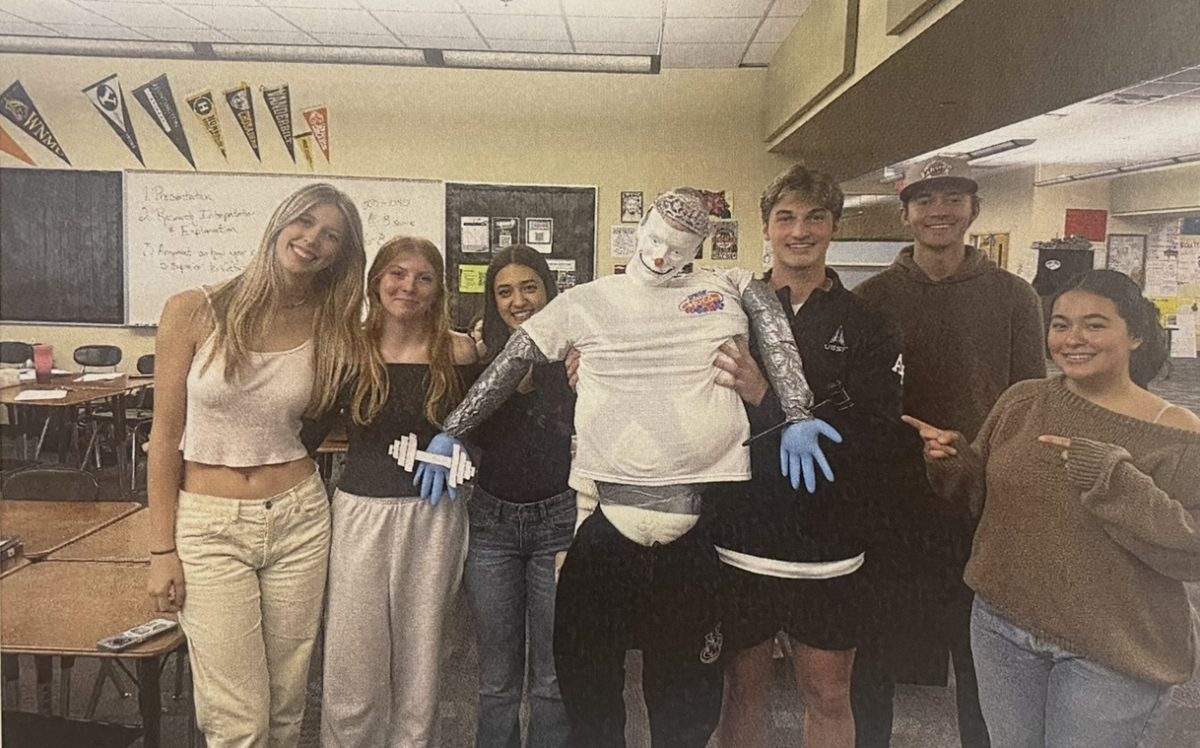



Sabrina Booth • Mar 28, 2023 at 8:25 AM
AWESOME JOB Bryson!!!!